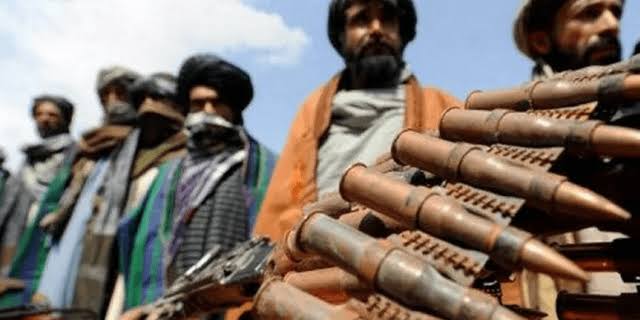Pakistani authorities and Islamist militants on Tuesday agreed on an indefinite ceasefire amid ongoing peace talks to end nearly two decades of fighting in the north-western region bordering Afghanistan.
“It has been agreed to extend the ceasefire for an indefinite period,” a senior official privy to the development told dpa.
The extension came amid talks facilitated by the Afghan Taliban between the government and the outlawed Tehreek-e-Taliban (TTP), also referred to as the Pakistani Taliban.
The earlier ceasefire had been due to end Monday.
The official also said during the talks the two sides have exchanged demands and that the Taliban wanted enforcement of their version of Sharia in Malakand Division. Islamabad has yet to agree.
Malakand includes Sawat valley, home to Nobel laureate Malala Yousafzai had once been under Taliban control between 2007 and 2009 until they were driven out in a military offensive.
“The TTP will remain a threat even after its disarmament and reintegration into the mainstream,” Amir Rana, a security analyst, and director at Pakistan Institute for Peace Studies (PIPS) told dpa.
The United Nations Security Council (UNSC) said in a recent report that “the group is focused on a long-term campaign against the Pakistani State, suggesting that ceasefire deals have a limited chance of success.”
The TTP is an umbrella organization for more than a dozen Islamist militant groups operating in Pakistan and is responsible for the deaths of around 80,000 people during two decades of violence.
The group, which has around 4,000 armed fighters based along the Afghan border, escalated its campaign and carried out more than 40 attacks on Pakistani security forces resulting in at least 80 deaths this year.
The government of former premier Imran Khan had opened channels of communication with the TTP in November but the talks have collapsed several times.
